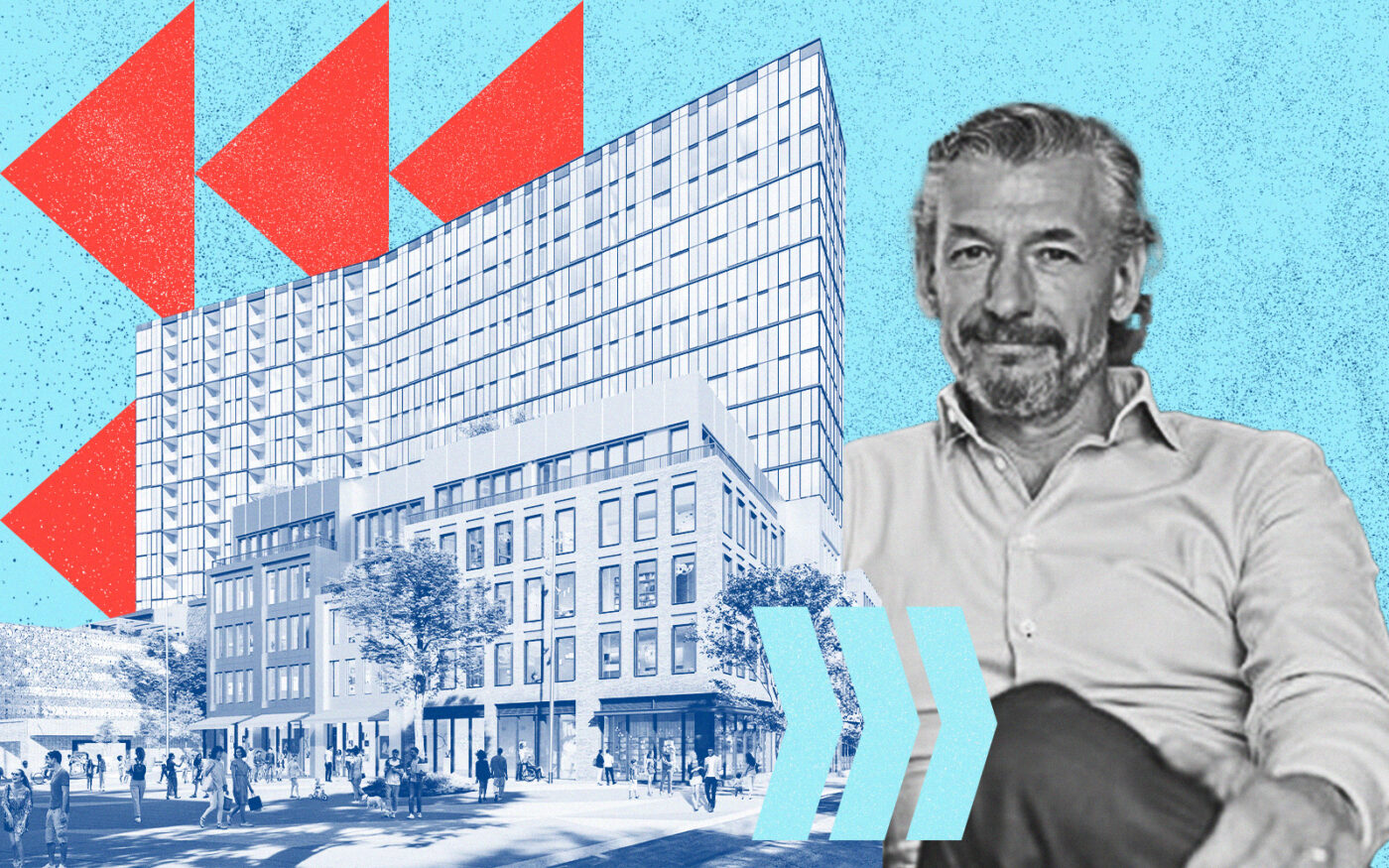In a surprising twist, German real estate behemoth Newport RE has announced a deal to sell its South Downtown portfolio,with over 50 buildings and several acres of parking lots across approximately 10 blocks of downtown Atlanta.
The buyer is Braden Fellman Group, a well-known Atlanta developer with a reputation for revitalizing industrial properties, the Atlanta Journal Constitution reported.
The sale marks a significant development for one of the city’s largest adaptive reuse projects, which Newport had undertaken before the disruptions caused by the Covid-19 pandemic in the commercial real estate market.
Several years ago, Newport, initially little-known in Atlanta, set out with a bold plan to purchase historic yet neglected buildings south of the Five Points MARTA station.
The project, called as South Dwntn, included the redevelopment of Historic Hotel Row, the 222 Mitchell Street building, and various surface parking lots earmarked for new apartment buildings.
However, global economic pressures resulting from Covid-19, prolonged conflict in Europe, and a recent rise in interest rates prompted Newport and its South Downtown investors to reconsider their capital investments. As a result, the company decided to sell its South Downtown portfolio to Braden Fellman Group, hoping to preserve the project’s overall vision.
Braden Fellman is expected to continue Newport’s work and vision for the redevelopment. One notable change in the plan involves converting the 222 Mitchell building from offices — initially proposed by Newport — into a mix of housing and retail.
The financial details of the agreement were not disclosed, but the deal is expected to close in the fourth quarter of the year. .
The sale of the South Downtown portfolio sent shockwaves through Atlanta’s real estate ecosystem and raised concerns about the challenges developers face in navigating the current economic conditions.
Office space availability in Atlanta is at a modern high, with some office and hotel buildings facing foreclosure or returning to lenders. Furthermore, banks have become cautious about commercial real estate lending, making ground-up development and major renovation projects financially difficult.
Despite the uncertainties, stakeholders said they remain optimistic about the future of downtown Atlanta’s development.
— Ted Glanzer
